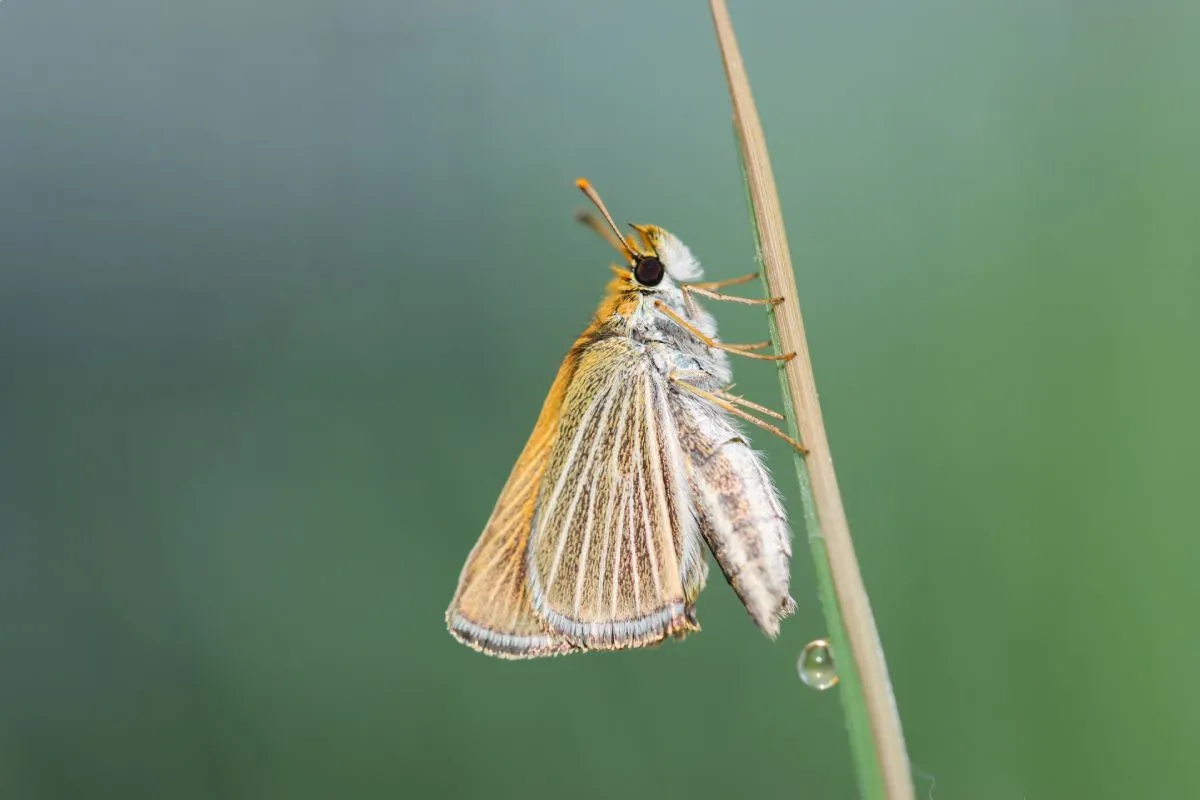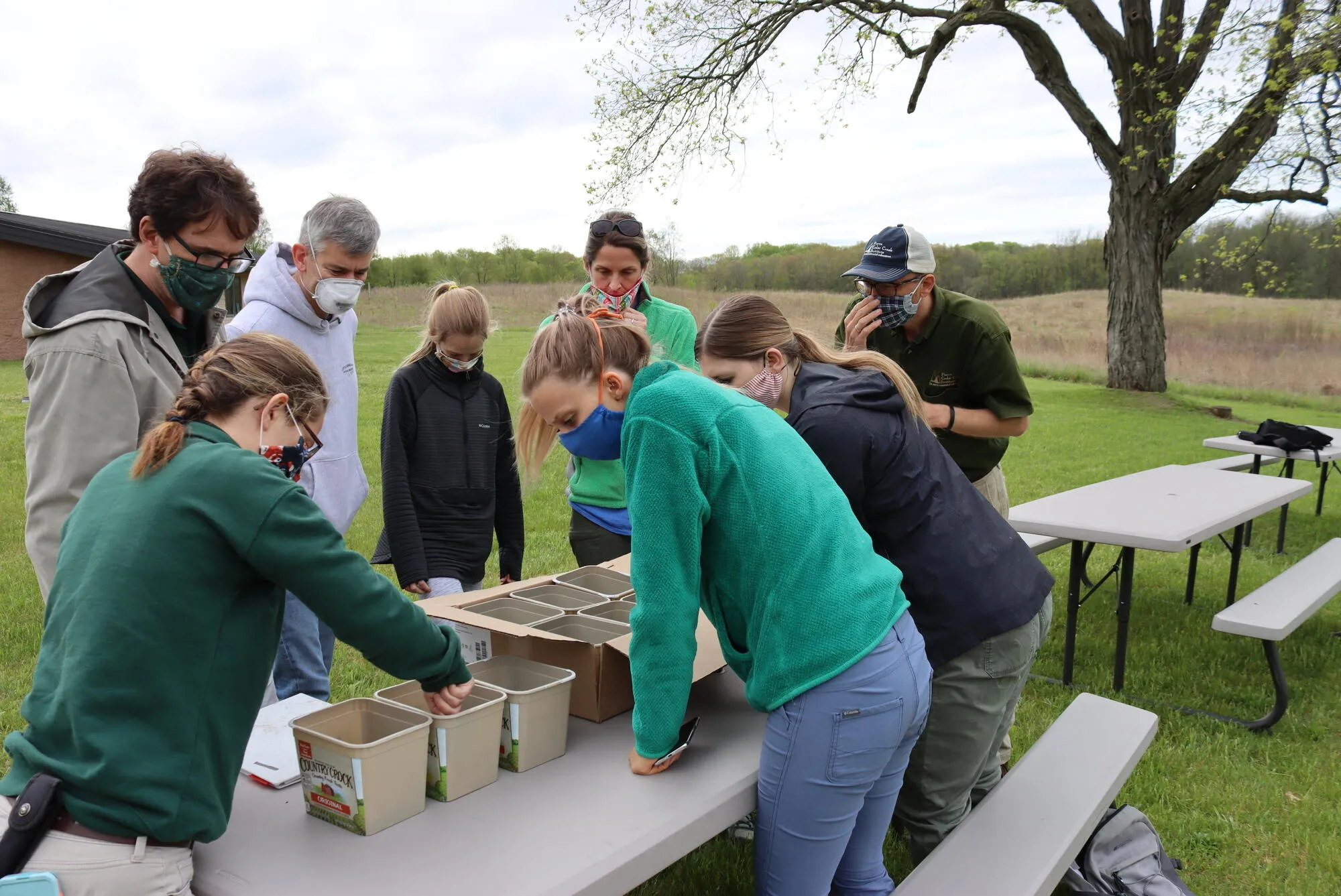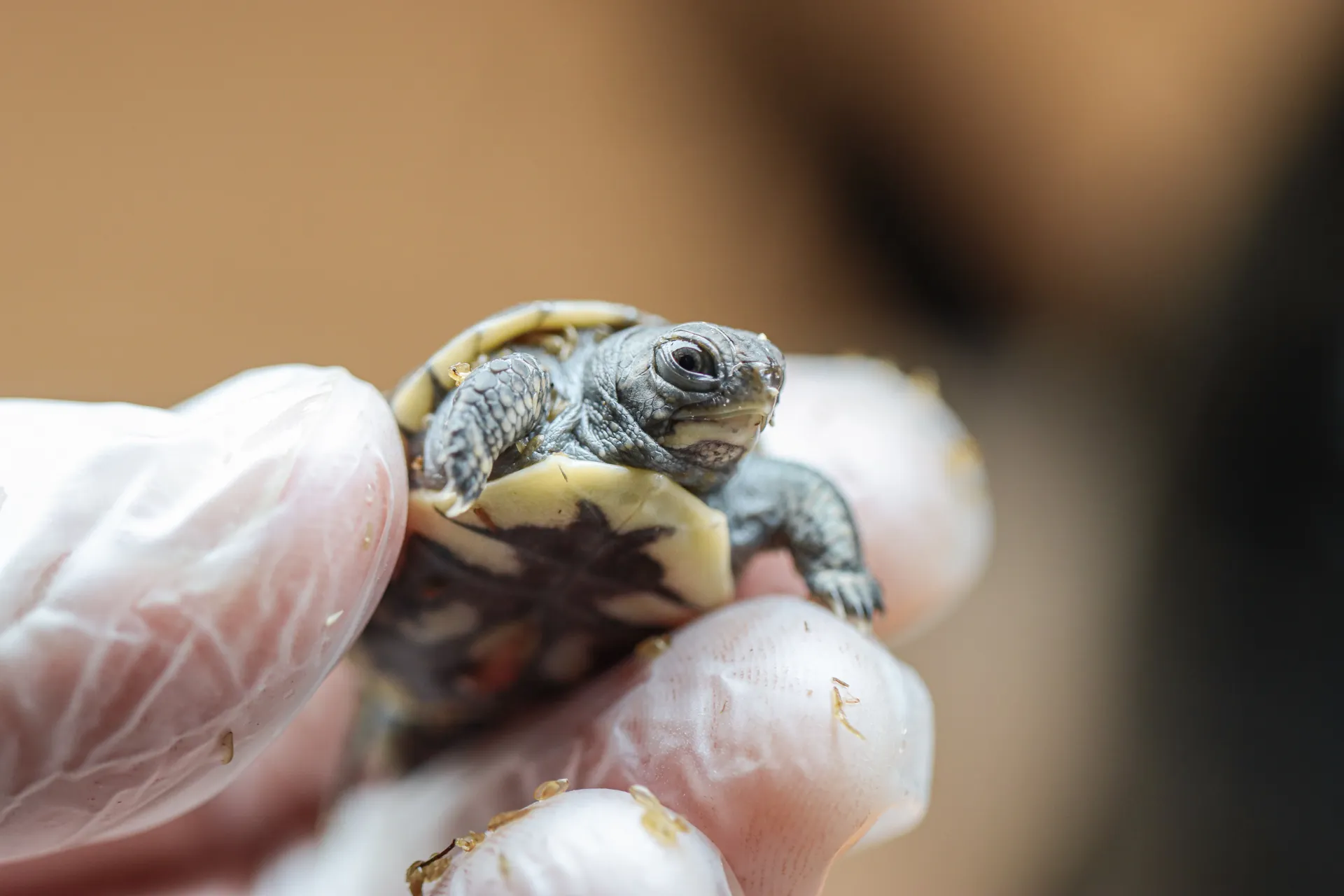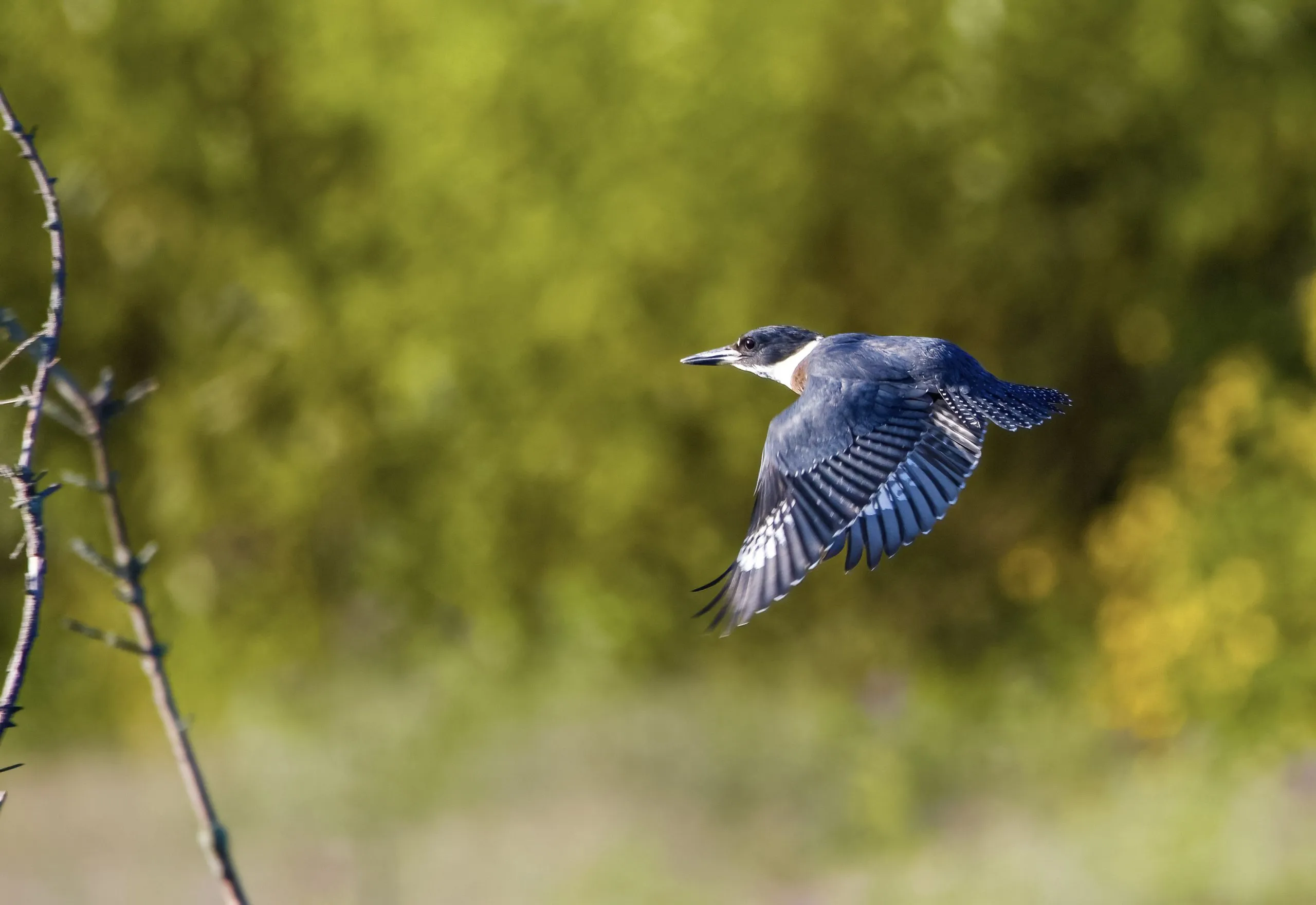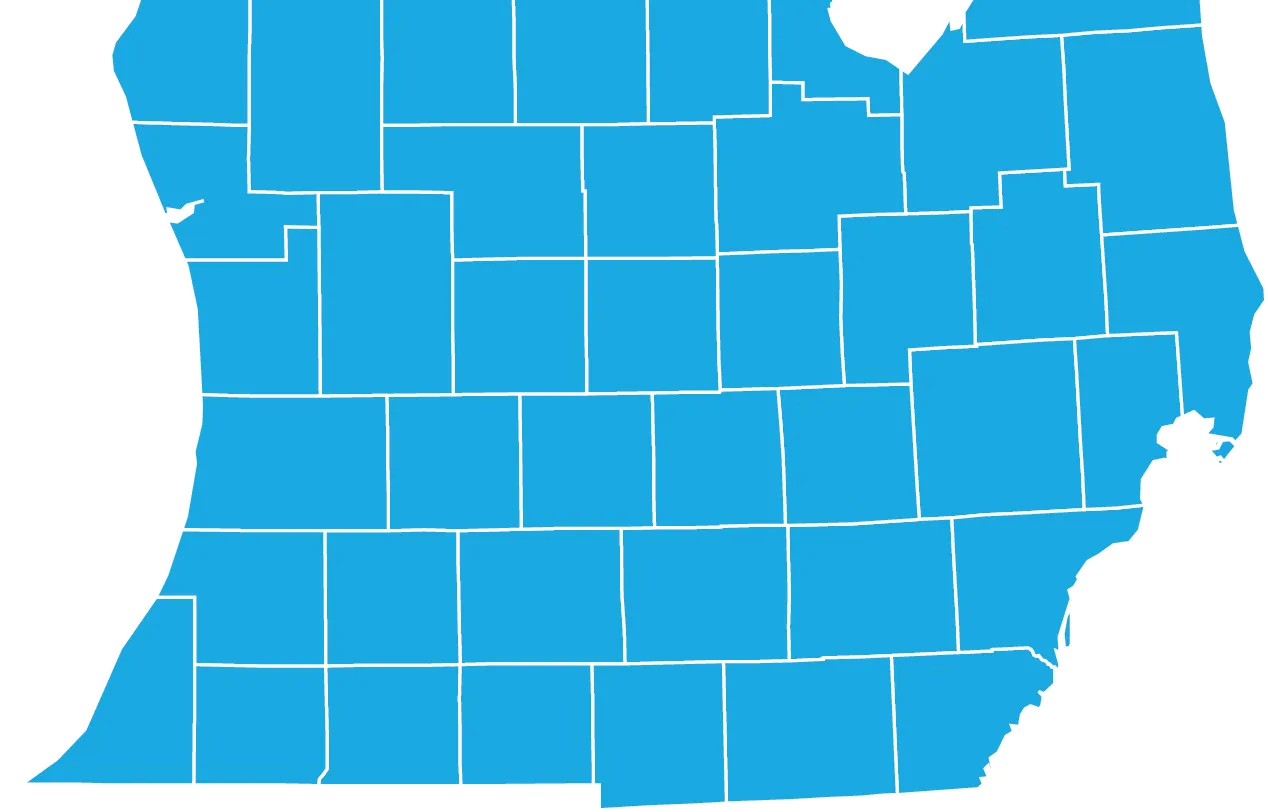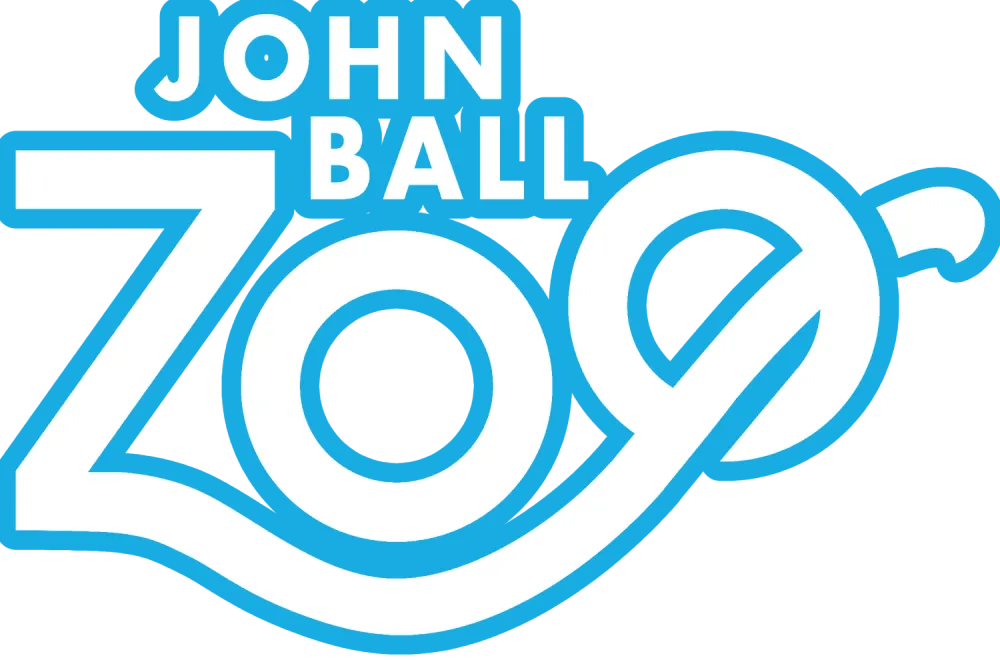Get a zoo
MEMBERship
Give the unforgettable gift of wildlife and wild places!
Want to continue enjoying year-round zoo benefits?
Enjoy a year of access to the Zoo! Family fun awaits you.
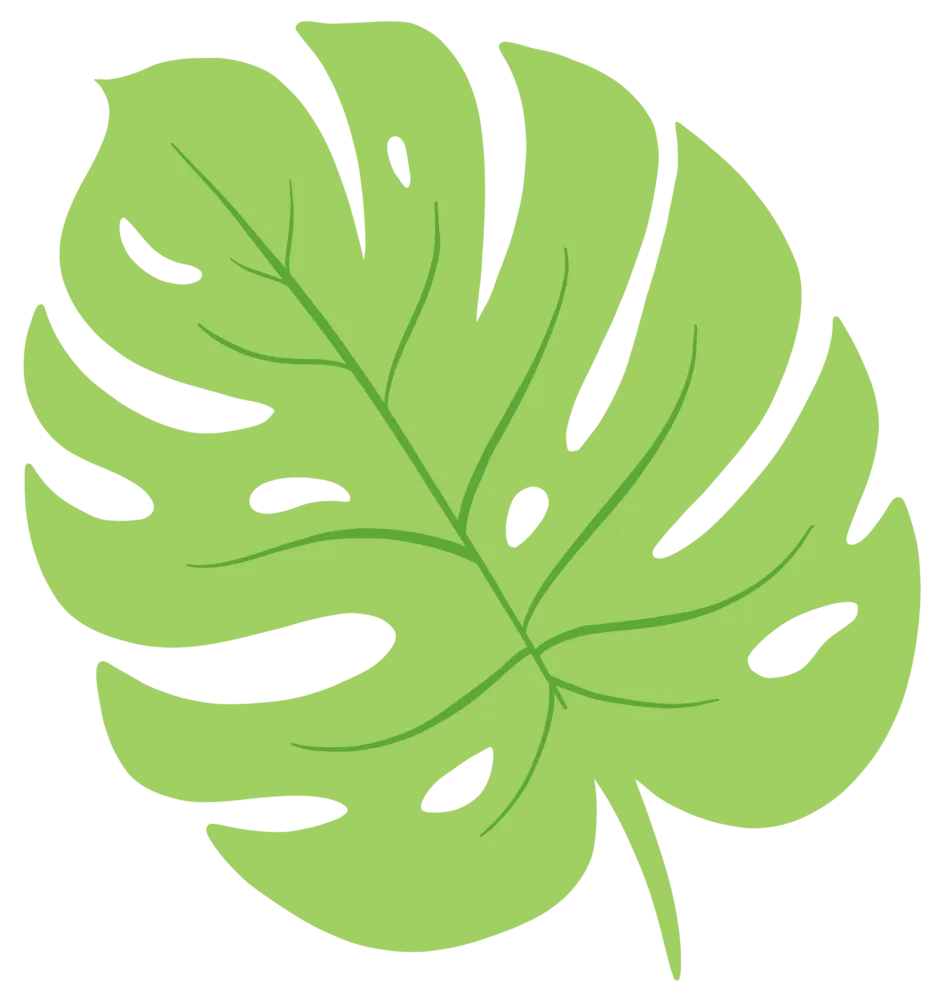

MEMBERSHIP
Enjoy The Amazing Benefits of Membership At John Ball Zoo!
2024 Season | March 22 – November 24
At John Ball Zoo in Michigan, memberships offer an unparalleled opportunity for wildlife enthusiasts and families to experience the wonders of nature up close. With an array of membership options tailored to suit varying needs, members gain unlimited access to a world of adventure and discovery. Whether it’s observing majestic lions, playful primates, or colorful birds, each visit promises new encounters and unforgettable memories.
Moreover, memberships not only provide discounts, but also support vital conservation efforts and educational programs, ensuring a sustainable future for wildlife both locally and globally. Join the John Ball Zoo community today and embark on a journey of conservation, education, and boundless wonder.
Local Reciprocal Partners
Check out this incredible list of institutions that have partnered with us, extending exclusive perks to our members! Get free or reduced rates to their institutions. It’s a thrilling opportunity to explore and discover new horizons, unlocking adventures at every turn!
MEMBERSHIP
Levels of Membership
We’re excited to have you as a Zoo Member! As a member, you’ll receive free unlimited general admission to John Ball Zoo for a year from the date of purchase, along with other amazing benefits and invitations to exclusive members-only events. Select the membership level that appeals to you below.
Premium Membership
$290
- Free general admission for one or two named adult cardholders living at the same address and up to 5 dependent children or grandchildren 19 or younger
- Plus four unnamed guests
- Additional children may be added for $20 each
- One complimentary Caregiver add-on
Preferred Membership
Best Value! $235
- Free general admission for one or two named adult cardholders living at the same address and up to 5 dependent children or grandchildren 19 or younger
- Plus two unnamed guests
- Additional children may be added for $20 each
- Preferred memberships are priced to reflect guest admission
Basic Membership
- Student $70: Free general admission for college students. Must present current student ID at membership office during first visit to obtain membership card/admission.
- Individual $85: Free general admission for one named adult cardholder
- Dual $115: Free general admission for two named adult cardholders living at the same address
- Family $170: Free general admission for one or two named cardholders living at the same address and up to 5 dependent children or grandchildren 19 or younger
Membership Add-Ons
- Add Guest +$50: Free general admission for one guest per visit when added to a membership level. Member must accompany guest. Cost is in addition to the price of the chosen membership level.
Student and Family level memberships may add on one guest. To add two guests to the Family membership, renew at the Preferred level. Individual and Dual memberships may add on up to two guests.
- Add Caregiver +$50: Free general admission for one named caregiver to accompany the children or grandchildren on the membership. This person’s name is not printed on the card but is held in our database. Cost is in addition to membership.
Family and Preferred level memberships may add on up to two caregivers. One additional caregiver may be added to the Premium level membership. Caregiver must show photo ID for admittance. Sorry, caregivers may not bring guests.
- Add Additional Child +$20: Any additional dependent children (over 5) included with Family and Preferred Membership Levels.

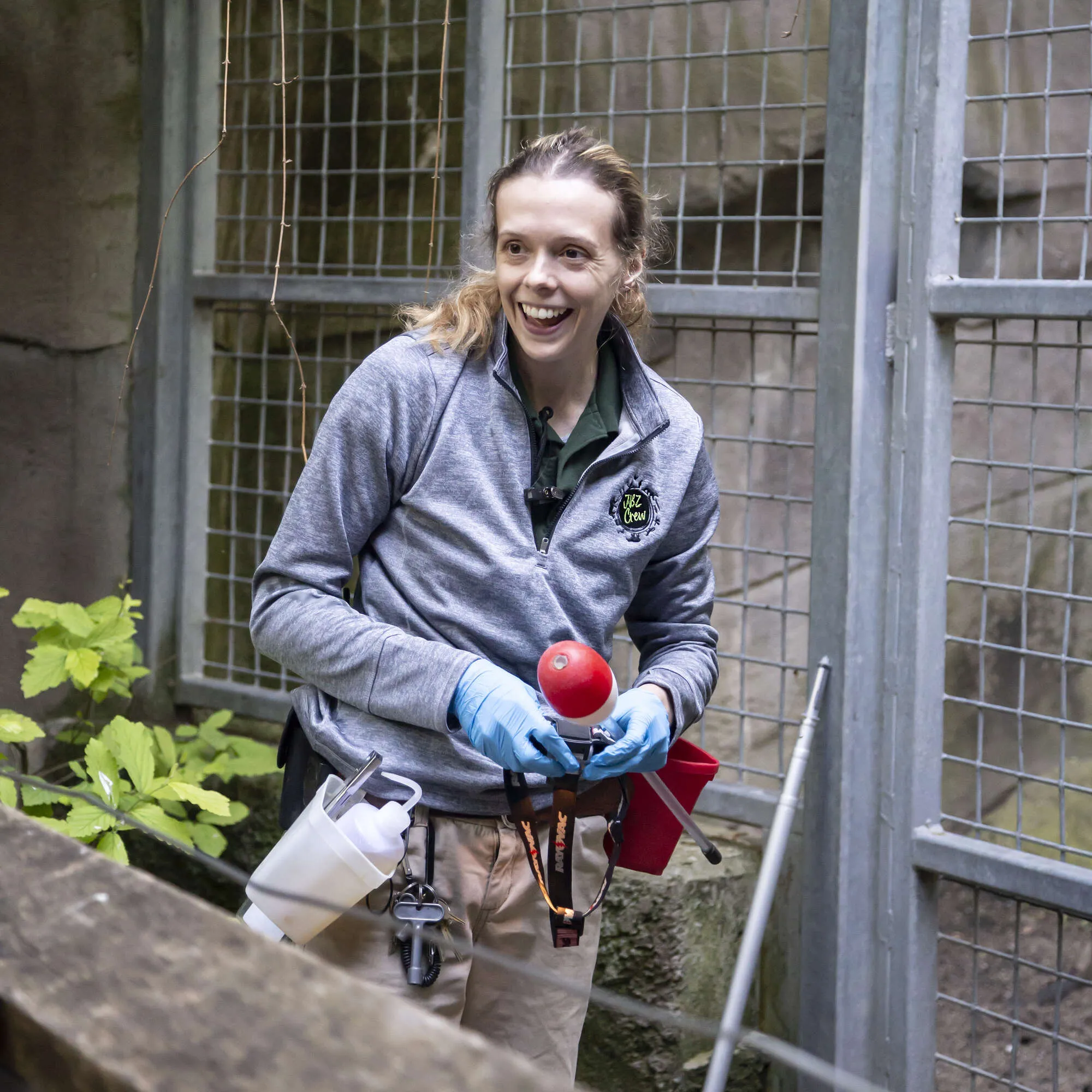
MEMBERSHIP
Frequently Asked Questions About Membership At John Ball Zoo
In 2024 John Ball Zoo will be open to the public from: March 22 – November 24.
This is a list of institutions that have opted to allow our members to receive free or discounted admission to their facilities in exchange for the same from the John Ball Zoo.
You can view the list by clicking below or one can be mailed upon request, please call 616-336-4312.
We offer several local reciprocal opportunities that change year to year. We communicate about these partnerships through member emails and on our Facebook page. Be sure to bring your Zoo membership card and personal photo ID when you visit our partners.
Reciprocal institutions may change their policies at any time. We cannot guarantee that the list in place when you purchase or renew your membership will remain the same for the duration of your membership.
Although most zoos and aquariums update their reciprocal policies at the close of the calendar year, some changes may occur during the year. We make every attempt to post updates as quickly as possible, but it is always a good idea to call the zoo or aquarium you plan on visiting beforehand.
Does the Guest and/or Caregiver on my membership receive reciprocal benefits? The number of guests permitted may vary depending on the zoo or aquarium. Again, it is best to call the institution you hope to visit ahead of time so they may communicate their policies.
You may have to pay admission. You can ask the organization to call our Zoo during regular Membership Office hours (10:00am-4:00pm, M-F, excluding holidays), but this is not a guarantee. You should always have your membership card and photo ID when visiting reciprocal institutions. Contact the membership department (616) 336-4312 if you would like a PDF copy of your member card to be emailed to you to keep on your phone.
Many zoos and aquariums will not accept reciprocal memberships for special events.
JUMP
Free admission for qualified individuals across the state of Michigan
John Ball Zoo’s JUMP program helps break down barriers to outdoor, nature-based education by providing free admission for qualified individuals across the state of Michigan.
Ruth Jones, a former John Ball Zoo board member and principal for Grand Rapids Public Schools, imagined a program that would make the Zoo accessible to families regardless of income. All while encouraging an enriching, educational, and cultural experience. In 1998, the JUMP program was born and has since welcomed hundreds of thousands of families to the Zoo.










